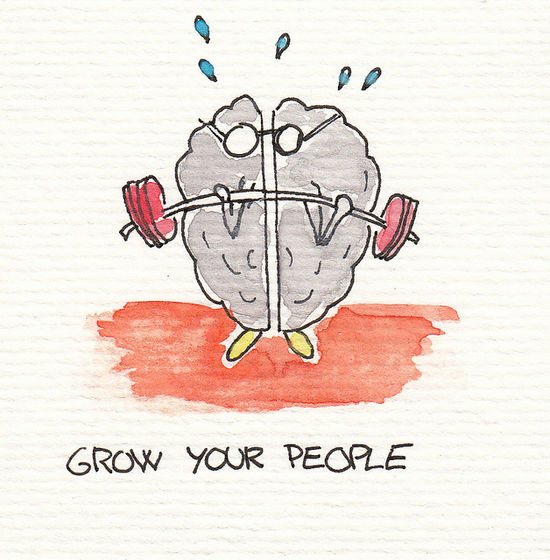Explain important points for "Praise and extend children", and what is necessary to nurture children who challenge themselves in the middle?

ByAsian Development Bank
The way people grow, such as "praised and extended type" and "scolded and extended type" are also greatly influenced by how they approach each other, such as the surrounding parents and teachers who watch growth. Meanwhile, psychologists at Stanford University explain that the point for raising children who can challenge the difficult things not throwing out what they can not do is to "praise the process of their children's efforts".
The Stanford professor who pioneered praising kids for effort says we've totally missed the point - Quartz
http://qz.com/587811/stanford-professor-who-pioneered-praising-effort-sees-false-praise-everywhere/
Many research findings indicate that when a child is praised for the outcome of a thing, talent, intelligence, etc., the growth of the personality is hindered and he / she does not challenge the risk and the possibility of failure I will. On the contrary, if a child works hard, praise that process so that the child will be able to make long-term efforts the next time.
The surrounding reactions to children's "efforts" are closely related to "thought patterns in growth" related to craving for children's growth and growth. For example, children who grew up praising talent and intelligence just as "wise" will have "a certain thought pattern". Such children think of things with their own knowledge, but they have a pattern of thinking called "stagnant type thinking" that does not have flexible thought. On the contrary, by praising the process of effort, children seem to have "growth-oriented thinking" that their skills can be extended depending on their efforts.

ByLucélia Ribeiro
These are psychologists at Stanford University and have been studying thought patterns in growth for 40 yearsCarol DouekIt is what Mr. advocated. Mr. Douek explains important points in the thought pattern.
The teacher says to the students that "you guys have" growth-oriented thinking ". Because I think that having "growth-oriented thinking" leads to the growth of students rather than having "stagnant thinking". However, in most cases, Mr. Duek said that it is important to tell that "growth-oriented thinking can be trained". "Some educators use" growth-oriented thinking "as a word of comfort, but rather than saying" I try hard at the child "," I want to say that anything can be done " Commenting and saying that the neighbor should not continue sermons with garbage to get growth-oriented thinking.
An important point about 'growth-oriented thinking' is that it can be trained by working on things for a long time or trying hard. So, for example, if a student did not get good grades during math lesson, "I studied mathematical problems more than just saying" No one is good at mathematics, so do everything best " So your brain has grown up, "Mr. Dueck should compliment the process of study. In addition, it is important not to motivate by saying "Mathematics is not your strength", but to take care to continue studying by saying "It is not your strength yet" is.

ByXavier Vergés
In addition, Mr. Duek discovered that "growth-oriented thinking" turns into "stagnant thinking" due to some sort of thing in the process of growing up becoming an adult in research. For example, people sometimes "criticize" others to defend their own failures and mistakes, but this has blocked the opportunity to learn some kind of knowledge, which is the "stagnant thinking That is one thing. In addition, everyone has "growth-oriented thinking" and "stagnant type thinking", and it is one surprising point that everyone can train these.
In addition, Mr. Duek cooperates with the University of Chicago to long-term the effect of mothers praising their childrenInvestigationI have done it. According to the survey, it seems that children 1 year old, 2 years old, 3 years old were chased for 5 years, "We learned that we can predict mental attitude and hope for children's challenge five years later" Mr. Dueck. According to the follow-up survey, children who have raised "growth-oriented thinking" by praising the process of efforts from a small time are asking for many challenges even after five years, and they will be well integrated in schools .
In addition, Mr. Carol Douek also talks about children's "growth-oriented thinking" and "stagnant thinking", and movies with Japanese subtitles can be watched from the following.
Carol Douek: You can do it! - The power of the brain that believes in the future - | TED Talk | TED.com
Related Posts:







